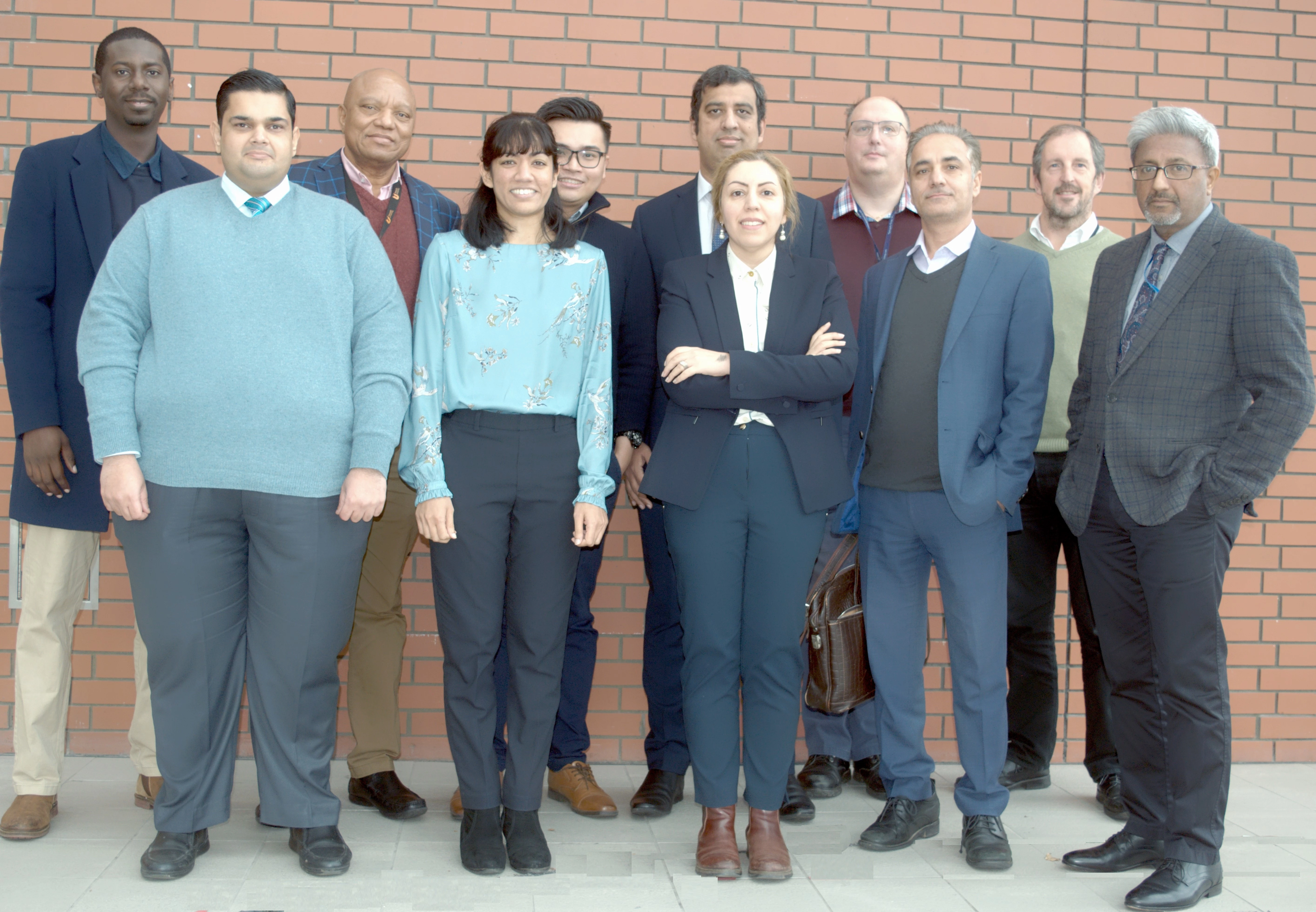
“Prestigious” Teesside University course celebrates 50th anniversary
A course at Teesside University is celebrating its golden jubilee as it continues to deliver impact across the globe through its research, knowledge exchange and graduate talent.
The University’s Chemical Engineering programme was founded in 1972 at what was then Teesside Polytechnic with the launch of a chemical technology qualification which sought new ways to manufacture and refine a range of chemicals.
50 years on, the programme has continued to develop and now offers a range of qualifications with more than 200 local and international students at undergraduate, masters, and doctoral level. Today, chemical engineering faculty and students at Teesside University remain at the “leading edge” of their field.
They employ many of the same fundamental techniques as their forebears, but also apply powerful new tools to address the grand engineering challenges that are poised to dominate the 21st century: clean water for everyone, green energy security, sustainability, and climate change.
Professor Chrisina Jayne, Dean of the School of Computing, Engineering & Digital Technologies, commented: “I am delighted that the chemical engineering programme has reached this important landmark.
“The world we live in may have changed significantly since the start of the programme in 1972, but one thing has remained constant and that is chemical engineering has always remained a fast-growing discipline.
“This anniversary is the perfect time to acknowledge the contributions of the many people who have been part of Teesside University’s Chemical Engineering history.
“They have paved the way to make our engineering programme what it is today. I would like to thank our incredible alumni, current students and staff who work together to achieve our aims and embrace our values.”
Dr Adam Adgar, head of the engineering department, added: “With a dynamic faculty, a growing body of undergraduate and graduate students, and world-class facilities supporting new areas of research, we expect a bright future for chemical engineering.”
First Class Honours MEng Graduate and PhD Student, Joshua Brennan, remarked: “The course maintains focus on the larger pictures of real-world skill applications and future technology needs and developments. I had the opportunity to engage in progressive research and make meaningful contributions whilst benefiting from ample support.”
By Matthew Neville – Correspondent, Bdaily
- Add me on LinkedIn and Twitter to keep up to date
- And follow Bdaily on Facebook, Twitter and LinkedIn
- Submit press releases to editor@bdaily.co.uk for consideration.
Looking to promote your product/service to SME businesses in your region? Find out how Bdaily can help →
Enjoy the read? Get Bdaily delivered.
Sign up to receive our daily bulletin, sent to your inbox, for free.








 Raising the bar to boost North East growth
Raising the bar to boost North East growth
 Navigating the messy middle of business growth
Navigating the messy middle of business growth
 We must make it easier to hire young people
We must make it easier to hire young people
 Why community-based care is key to NHS' future
Why community-based care is key to NHS' future
 Culture, confidence and creativity in the North East
Culture, confidence and creativity in the North East
 Putting in the groundwork to boost skills
Putting in the groundwork to boost skills
 £100,000 milestone drives forward STEM work
£100,000 milestone drives forward STEM work
 Restoring confidence for the economic road ahead
Restoring confidence for the economic road ahead
 Ready to scale? Buy-and-build offers opportunity
Ready to scale? Buy-and-build offers opportunity
 When will our regional economy grow?
When will our regional economy grow?
 Creating a thriving North East construction sector
Creating a thriving North East construction sector
 Why investors are still backing the North East
Why investors are still backing the North East